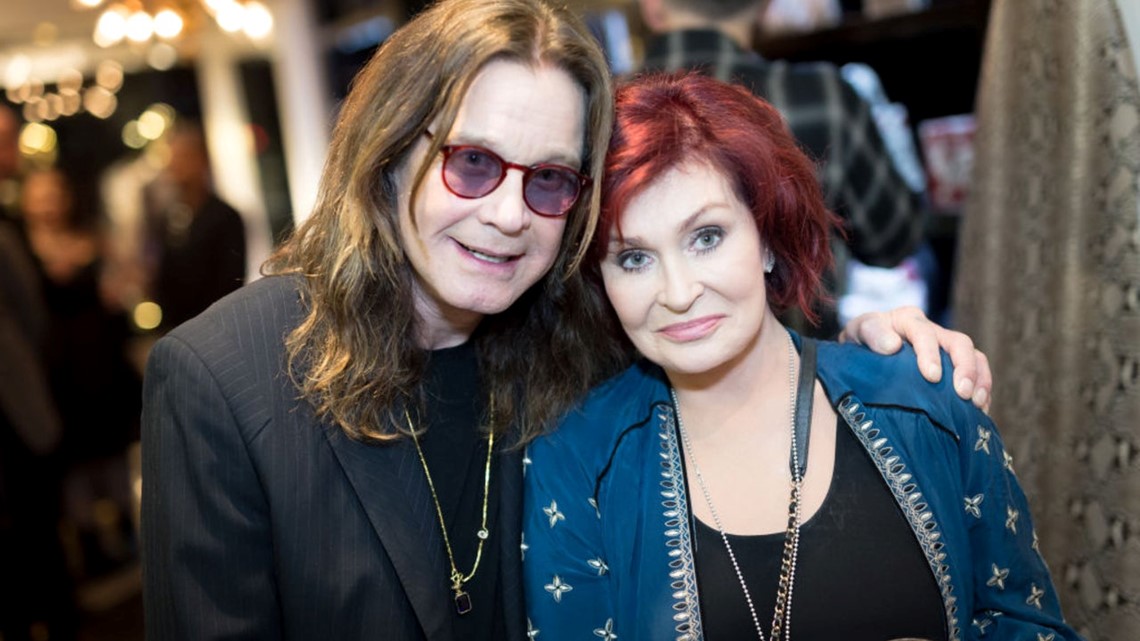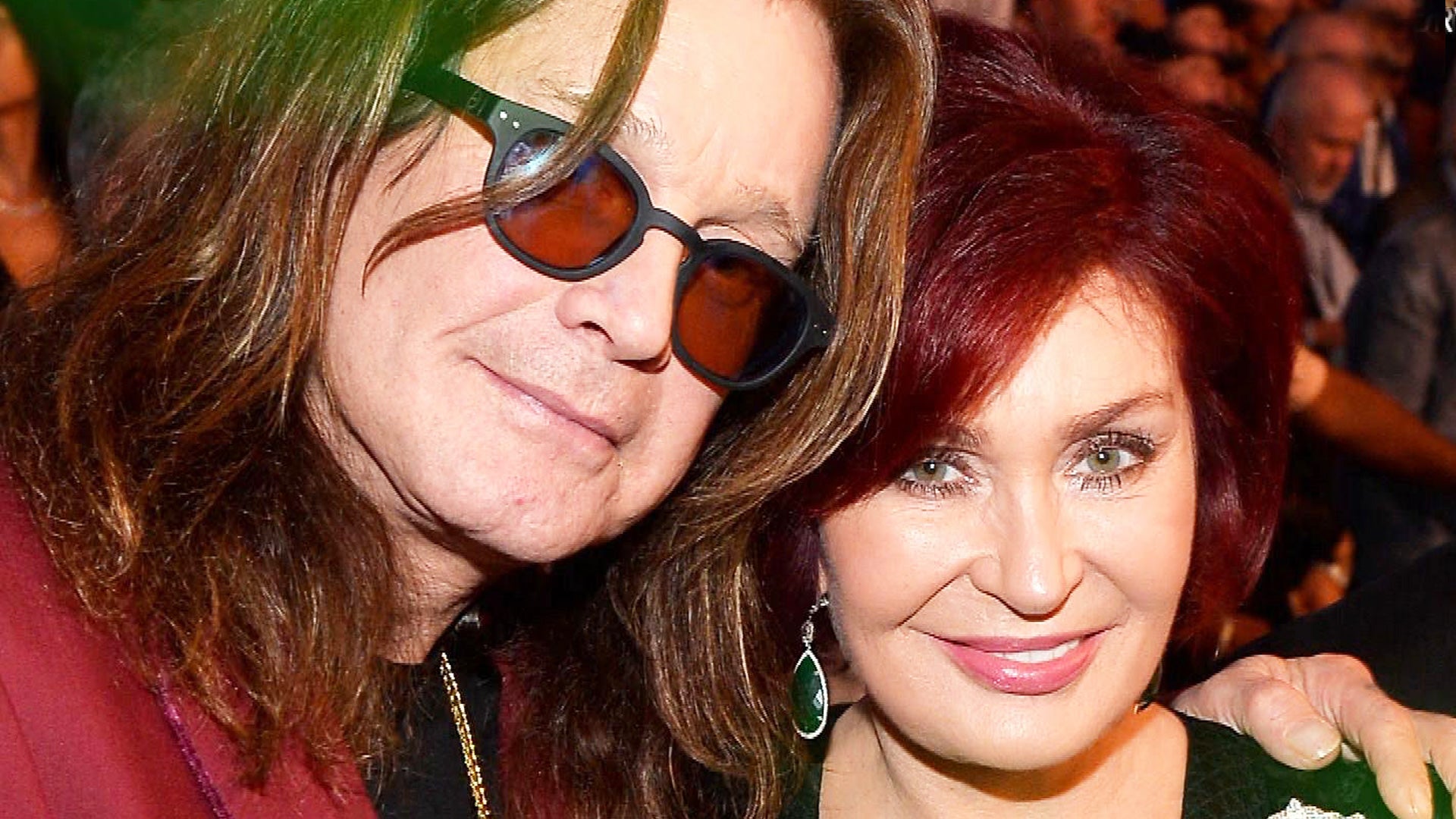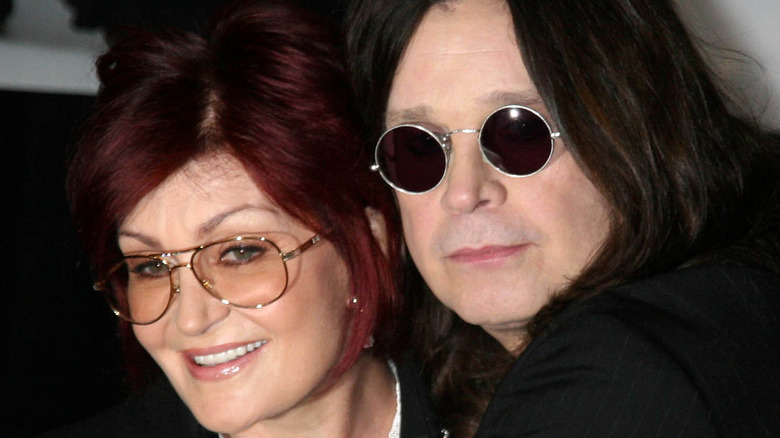Legendary rock musician Ozzy Osbourne passed away at the age of 76 on July 22, 2025, leaving behind an unparalleled legacy in music and popular culture. Known as the frontman of Black Sabbath and for his extensive solo career, Osbourne had been publicly managing serious health conditions for years, including Parkinson’s disease and complications requiring multiple surgeries. His death has brought renewed attention to public discussions around medical care, personal dignity, and end-of-life planning—topics he and his wife Sharon Osbourne had openly addressed in the past.

A Musical Legacy Spanning Decades
John Michael “Ozzy” Osbourne rose to fame in the early 1970s as the lead vocalist of Black Sabbath, a band often credited with pioneering heavy metal. His distinctive voice and dark lyrical themes became emblematic of the genre. After parting ways with the band, Osbourne launched a successful solo career, releasing iconic albums such as Blizzard of Ozz and Diary of a Madman. His music career earned him Grammy Awards and inductions into the Rock and Roll Hall of Fame.
In recent years, Osbourne continued to perform selectively, making a notable appearance at a farewell concert in Birmingham, England, on July 5, 2025. Despite ongoing health challenges, his determination to connect with fans remained strong.
Health Struggles and Parkinson’s Diagnosis
In 2019, Ozzy Osbourne publicly disclosed that he had been diagnosed with Parkinson’s disease, a progressive neurological disorder. According to the Parkinson’s Foundation, symptoms can include tremors, stiffness, balance issues, and mobility difficulties. Osbourne later shared that his condition had significantly impacted his physical abilities and required multiple surgical interventions, particularly on his spine.
His health updates were frequently communicated through his family’s public appearances and podcast, The Osbournes, providing insight into the challenges faced by individuals living with degenerative illnesses.

Public Statements on End-of-Life Planning
Over the years, Sharon Osbourne—Ozzy’s wife of more than 40 years—spoke candidly about the importance of autonomy in aging and end-of-life decisions. In her 2007 autobiography, Survivor: My Story – The Next Chapter, she discussed her concerns about hereditary illnesses, including dementia, which her father had experienced before his death. Sharon wrote that she and Ozzy had discussed the topic of assisted dying, should either of them face severe cognitive decline.
She reiterated these views in a 2009 interview with The Mirror, where she explained that she and Ozzy believed in making proactive decisions about their future health care, particularly if either were to develop an incurable and debilitating condition affecting their mental faculties.
Sharon explained that their discussions included consultation with legal professionals to formalize care directives in the event of a severe health deterioration. It is important to note that assisted dying laws vary significantly by country and jurisdiction. For instance, in Switzerland, assisted dying is legal under specific medical and ethical conditions, as outlined by Swiss law and medical ethics boards.

Family Conversations and Evolving Views
In later years, these discussions became a topic on The Osbournes Podcast, a platform where the family explored deeply personal topics with their children, including Kelly and Jack Osbourne. During one 2023 episode, Sharon revisited the couple’s perspective on end-of-life care. She emphasized mental and physical suffering as key factors in their reasoning, while acknowledging the emotional difficulty such conversations can cause for loved ones.
Sharon noted that decisions about healthcare and dignity in old age were not made lightly and that they involved transparent conversations with their children. These family discussions were grounded in love and mutual respect, highlighting the importance of communication about complex healthcare topics.
However, in 2023, Kelly Osbourne addressed media reports suggesting that her parents had a formal agreement or “pact” regarding assisted death. She denied such claims, stating that while her mother may have expressed personal views in the past, there was no existing agreement of that nature. Kelly’s statement reflects how family dynamics and individual interpretations can vary on sensitive topics, underscoring the need to avoid oversimplifying or mischaracterizing such deeply personal matters.

Ozzy’s Reflections on Illness and Dignity
Ozzy Osbourne himself spoke about health and autonomy in a 2014 interview with The Daily Mirror. At the time, he emphasized the importance of maintaining personal dignity and the ability to live independently. He indicated that he did not wish to prolong life artificially if it meant enduring severe physical decline with no quality of life.
These comments were framed around the importance of advanced planning and being open about medical preferences with family members. Such conversations are increasingly encouraged by healthcare professionals as part of broader patient advocacy and autonomy in medical decision-making.
Legal and Ethical Context
It is important to clarify that discussions around assisted dying or euthanasia are highly regulated and must be evaluated in the context of local legal frameworks. In countries like the United Kingdom and the United States, euthanasia remains illegal. In contrast, certain jurisdictions such as Switzerland, Belgium, and the Netherlands permit forms of assisted dying under strict medical conditions, often requiring evaluations by multiple doctors and confirmation of the patient’s consent and mental competence.
Organizations such as Compassion & Choices in the U.S. and Dignitas in Switzerland advocate for end-of-life options, providing resources for those seeking legal and ethical guidance on the matter. Medical experts and bioethicists continue to debate the balance between compassionate care and ethical safeguards.

Remembering Ozzy Osbourne
Ozzy Osbourne’s passing marks the end of an era in rock history. Beyond his music, he leaves behind a public legacy of honesty and openness about health, aging, and personal choice. His family’s candid discussions about end-of-life planning reflect a growing global movement encouraging individuals to consider advanced directives and make informed decisions while they are still able.
The Osbourne family has requested privacy as they mourn the loss of their beloved husband and father. Their openness about personal health challenges continues to spark important conversations worldwide about dignity, care, and the realities of chronic illness.
As fans around the globe celebrate Ozzy Osbourne’s contributions to music, his life also serves as a reminder of the power of communication, compassion, and preparation when facing life’s most difficult chapters.

Sources:
-
Parkinson’s Foundation: https://www.parkinson.org/
-
National Health Service (UK) on Parkinson’s: https://www.nhs.uk/
-
The Mirror UK (archived interviews)
-
Survivor: My Story – The Next Chapter by Sharon Osbourne
-
The Osbournes Podcast, 2023 episode
-
Daily Mirror Interview with Ozzy Osbourne, 2014
-
Dignitas Switzerland: https://www.dignitas.ch/
-
Compassion & Choices: https://www.compassionandchoices.org/
